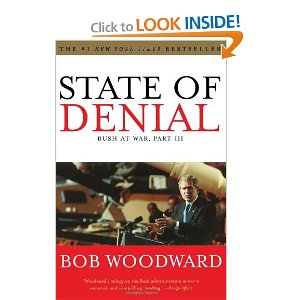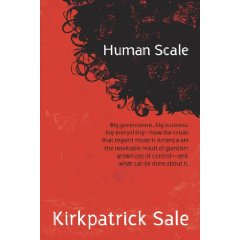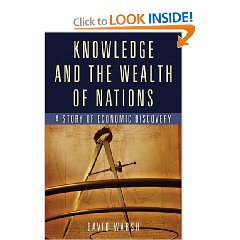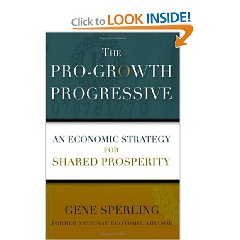
Single Best Handbook for We the People Seeking to Take Back the Power,
Although the author draws most heavily on his own broadcast remarks, and does not provide an annotated bibliography for further study, Amazon reviews by many others could serve to this end–just search for the topic and read the reviews of the book for a broader study.
Lou Dobbs may well have swung the 2006 election with his series on Broken Government and Jack Cafferty's robust commentaries, and thank God he did.
The book ends with key documents–the Declaration of Independence, the Constitution, the Bill of Rights, and the Constitutional Amendments.
Summing it all up: take back the power by voting and demanding that Washington represent the people instead of corporations; fair trade not free trade; end illegal immigration (and I would add, demand English as a common language); self-insure as a Nation with respect to health care.
This topic is so important, I bought a second book with a more aggressive title, Screwed: The Undeclared War Against the Middle Class – And What We Can Do about It (BK Currents) by Thom Hartmann, also published in 2006, and I am pleased to report that these two books complement one another perfectly.
Lou Dobbs would have my vote if he ever ran for President. Now if we can just get him to add a 15 minute “national intelligence review” to the CNN line-up or web site….all the topics he deals with are right on target, but missing is the larger picture: America faces ten high-level global threats, America has no strategy and no coherent policies across twelve policy areas from Agriculture and Debt to Security and Water, and America has no plan for helping the eight challengers (Brazil through Venezuela) avoid our enormous mistakes, mistakes the planet cannot afford (we consume one third of the energy and create one third of the waste if not more).
Of all the books I have read, this is the one that I hope everyone buys, reads, and discusses before the 2008 primaries and general election.
There is also hope. Jim Turner, #2 Naderite, tells me he is seeing signals that 100 million Americans who opted ou8t of partisan politics and jumped back in with both feet in 2008. Below are the books that those people are reading:
Escaping the Matrix: How We the People can change the world
Society's Breakthrough!: Releasing Essential Wisdom and Virtue in All the People
A Power Governments Cannot Suppress
All Rise: Somebodies, Nobodies, and the Politics of Dignity (BK Currents)
One from Many: VISA and the Rise of Chaordic Organization
Blessed Unrest: How the Largest Movement in the World Came into Being and Why No One Saw It Coming
There are many more. I have gotten fed up with Amazon's refusing to provide a means for reviewers to sort their reviews, so I am posting, at Earth Intelligence Network, a sortable searchable Word table that covers all of my reading across the ten threats, twelve policies, eight challengers, and other areas. This will dramatically improve the efficiency for anyone seeking to leverage the free reviews that I offer for any given topic. We need to come back angry, non-violent, and INFORMED. Amazon, for all its flaws, is the People's Schoolhouse, and a big part of why public intelligence is a reality, not an oxymoron like “central intelligence.”

Click Here to Vote on Review at Amazon,
on Cover Above to Buy or Read Other Reviews,
I Respond to Comments Here or There









